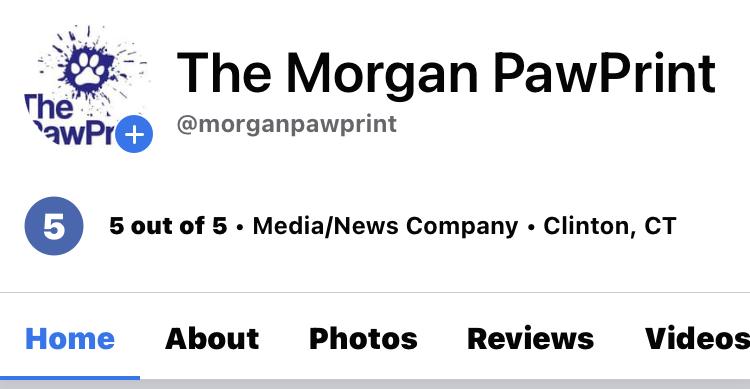Facebook Whistleblower Takes The Internet By Storm
Facebook whistleblower, Frances Haugen 60 Minutes interview revealed the dangers of Facebook and Instagram.
The social media platform, Facebook, is well known around the world. According to Sprout Social, 2.89 billion people log onto Facebook every month worldwide. Among countries with Facebook users, India has the largest number of users at 310 million, followed by the U.S. with 200 million and Indonesia with 140 million.
Facebook is clearly a huge social media platform, but there have been countless accusations of fake news and privacy concerns for years now. On October 3rd, 2021, a 60 Minutes interview of Frances Haugen took the internet by storm. Ms. Haugen is labeled as the “Facebook Whistleblower”. Haugen, who is 37, started working at Facebook in 2018 in the company’s Civic Integrity Team.
Ms. Haugen left Facebook this May. She said she had grown frustrated by what she saw as the company’s lack of openness about its platform’s potential for harm and unwillingness to address its flaws. What did this mean exactly? She explained in her 60 Minutes interview and her testimony to Congress last week.
Facebook profits from advertisements. Companies such as Nike pay Facebook for their advertisements to appear on their platform. Therefore, Facebook tries to keep users on the app for longer. For Facebook, more engagement means more profit.
Ms. Haugen states that Facebook prioritizes its earnings over its user’s mental health. Ms. Haugen explained that Facebook’s algorithm chooses content that’s more likely to make users angry because it creates more engagement. Facebook creates this engagement by using their algorithm called MSI. MSI, standing for “Meaningful Social Interactions” is an algorithm that prioritizes the posts users see by interactions, such as comments and likes. It works almost like a point system. A like equals 1 point, while reactions such as angry emojis equal 5 points. The more points, the more users will see said post. The algorithm prioritizes content that is toxic, violent, false, and politically divisive because it finds that this content keeps the viewer engaged for longer. Mark Zuckerberg (CEO and Founder of Facebook), Ms. Haugen said, was presented with options to remove an MSI.
“Mark was presented with these options and chose to not remove downstream MSI in April of 2020,” Ms. Haugen told 60 Minutes.
According to Ms. Haugen, Facebook is the worst social media platform she has seen in the way it has harmed society. “I’ve seen a bunch of social networks, and it was substantially worse at Facebook than anything I’d seen before,” Ms. Haugen told 60 Minutes.

One of Ms. Haugen’s main points in her 60 Minutes interview was the dangers of Facebook, and its other platform, Instagram, for teen girls. The documents that she leaked stated that Facebook knew how it degraded teen girls’ mental health but did nothing about it. According to one of these leaked documents, 13.5% of teen girls say Instagram makes thoughts of suicide worse, and 17% say it makes their eating disorders worse. “What’s super tragic is Facebook’s own research says, as these young women begin to consume this eating disorder content, they get more and more depressed. And it actually makes them use the app more. And so, they end up in this feedback cycle
where they hate their bodies more and more,” said Ms. Haugen.
Ms. Haugen said, “the choices being made inside of Facebook are disastrous for our children, for our public safety, for privacy, and for our democracy. And that is why we must demand Facebook changes”
Even though not many students use Facebook, many users use Instagram. Freshman Laura Orn said, “Instagram has positive and negative mental health effects. There are many positive posts you may come across, and many negative ones too. Instagram posts of people showing off their bodies makes the viewer feel bad about themselves, and gives them a mindset of how themselves should look.”
Freshman Jenna Wayne said, “I feel Instagram degrades people’s mental health. Influencers make their lives look perfect, which is not obtainable, and influences how other people think they should be. It makes people feel like they have to live up to this unrealistic standard.”
Freshman Josephine Simon said, “People get in their minds that people need to look or act a certain way from Instagram influencers and advertisements, which is not good. You shouldn’t be influenced by other people to not be who you are.”
Many of the students I spoke with were aware of the problems with these social media platforms. What do you think?


